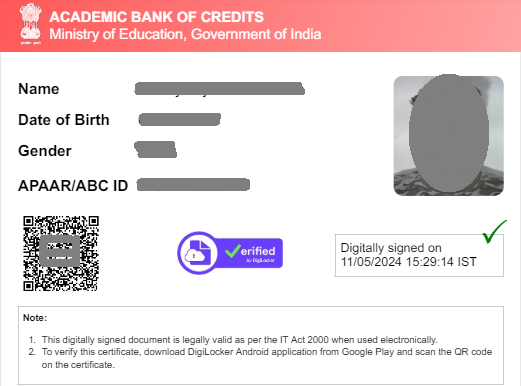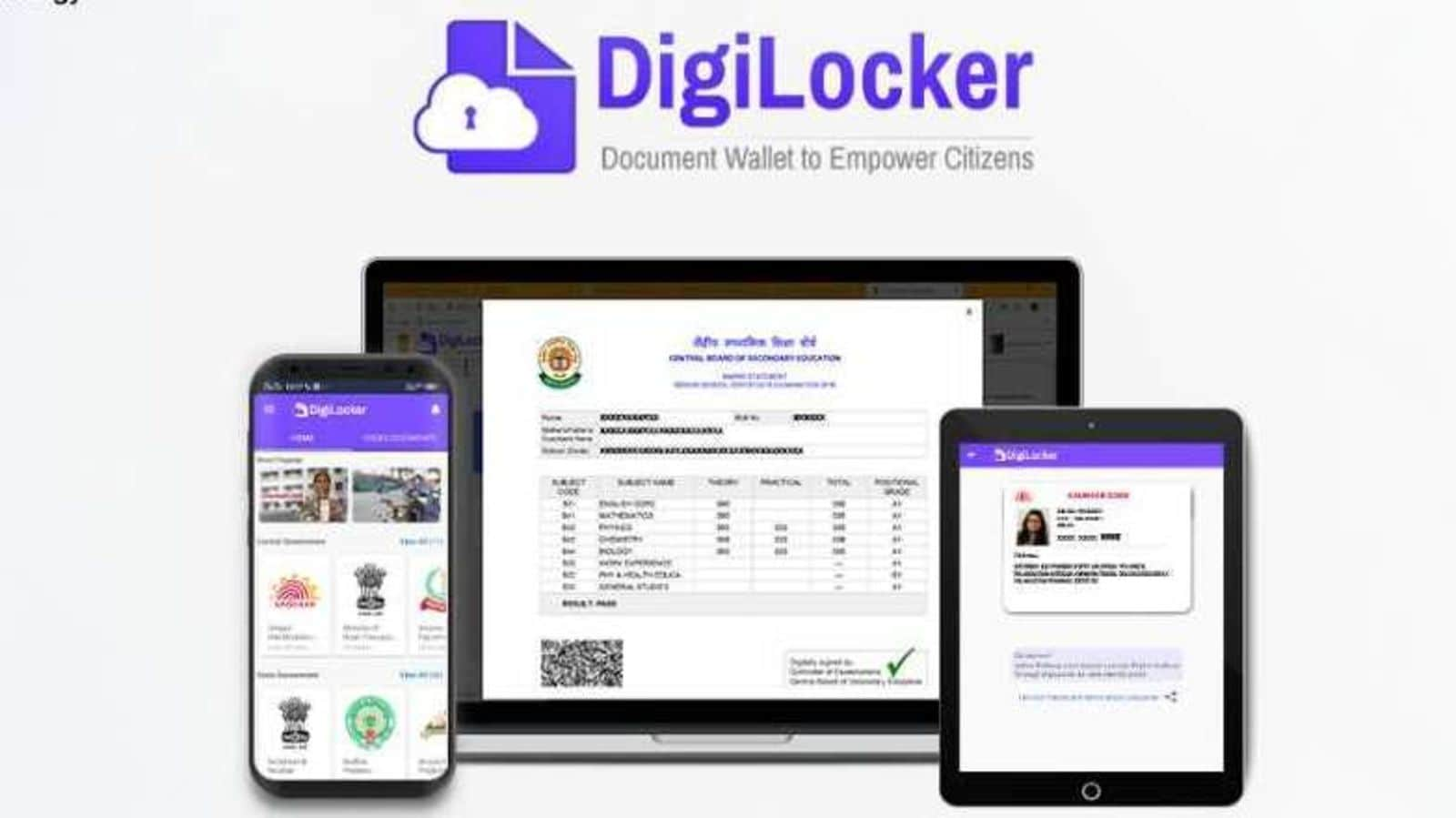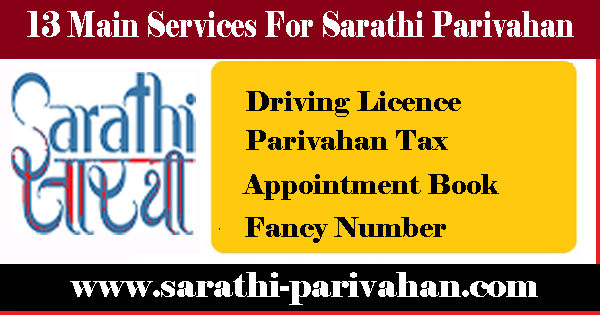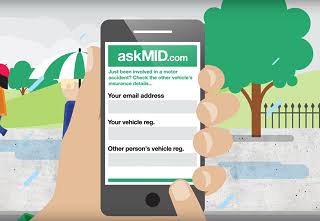VAT Calculator UK (Value Added Tax)
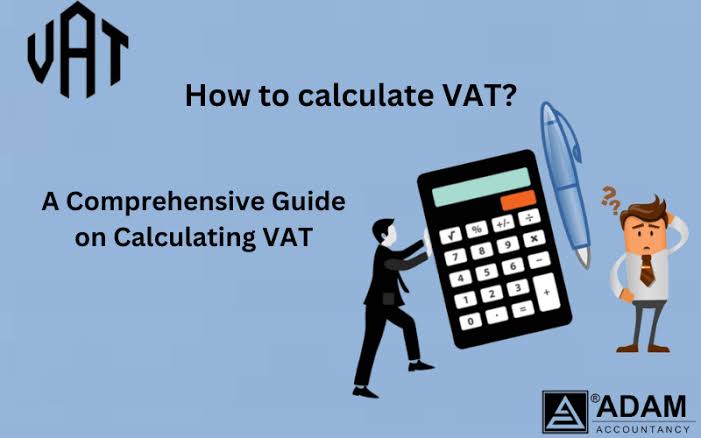
Strong 8k brings an ultra-HD IPTV experience to your living room and your pocket.
Value Added Tax (VAT) is an indirect tax applied to the sale of goods and services in many countries worldwide. It is usually included in the final price consumers pay and is collected by businesses on behalf of the government. Understanding VAT and how to calculate it can be crucial for both businesses and consumers.
What is VAT?
VAT is a consumption tax levied at each stage of the supply chain, from production to the final sale. Unlike sales tax, which is collected only at the point of sale to the consumer, VAT is charged at each stage of the supply process. Businesses can usually reclaim the VAT they pay on goods and services used for their operations, ensuring that the tax ultimately falls on the final consumer.
How to Calculate VAT?
Calculating VAT is simple and depends on whether the price you have includes VAT or not. Here are the two basic methods:
1. Calculating VAT on a Net Price (excluding VAT):
VAT Amount = (Net Price × VAT Rate) / 100
Total Price (Including VAT) = Net Price + VAT Amount
2. Extracting VAT from a Gross Price (including VAT):
VAT Amount = Gross Price - (Gross Price / (1 + VAT Rate/100))
Net Price = Gross Price - VAT Amount
For example, if a product costs $100 before VAT and the VAT rate is 20%, the VAT amount will be:
VAT Amount = (100 × 20) / 100 = $20
Total Price (Including VAT) = $100 + $20 = $120
If you already have a price that includes VAT and need to determine the VAT amount, use the second formula. For a product costing $120 (VAT included) with a 20% VAT rate:
VAT Amount = 120 - (120 / 1.2) = $20
Net Price = $120 - $20 = $100
Why VAT Matters
VAT plays a significant role in a country’s revenue system. It helps governments fund public services such as healthcare, education, and infrastructure. For businesses, understanding VAT is crucial to ensuring compliance with tax laws and proper pricing of products and services.
Conclusion
Knowing how to calculate VAT is essential for both consumers and businesses. Whether you’re adding VAT to a product price or working out how much VAT is included in a total price, the formulas above will help. Always ensure you stay updated with your country’s VAT regulations, as rates and rules may change over time.
Frequently Asked Questions (FAQ)
What does VAT stand for?
VAT stands for Value Added Tax, a consumption tax applied at each stage of the supply chain.
Who pays VAT?
VAT is paid by consumers when purchasing goods or services, while businesses collect and remit it to the government.
How do I know if a product includes VAT?
Prices in stores and online often indicate whether they include VAT; check the receipt or product details.
Can businesses reclaim VAT?
Yes, businesses registered for VAT can usually reclaim VAT on purchases made for business purposes.
What happens if I don’t charge VAT as a business?
Businesses required to charge VAT but fail to do so may face fines and penalties from tax authorities.
Is VAT the same in every country?
No, VAT rates and regulations vary by country, and some goods/services may be exempt or taxed at different rates.
What is the difference between VAT and sales tax?
VAT is applied at multiple stages of production, whereas sales tax is only applied at the final sale.
Are there goods or services exempt from VAT?
Yes, some essential items like certain food products, healthcare, and education services may be VAT-exempt.
How do I register for VAT as a business?
Businesses need to register with their country’s tax authority if their turnover exceeds the VAT threshold.
How often do businesses need to submit VAT returns?
VAT returns are usually submitted quarterly or monthly, depending on local tax regulations.
Note: IndiBlogHub features both user-submitted and editorial content. We do not verify third-party contributions. Read our Disclaimer and Privacy Policyfor details.



